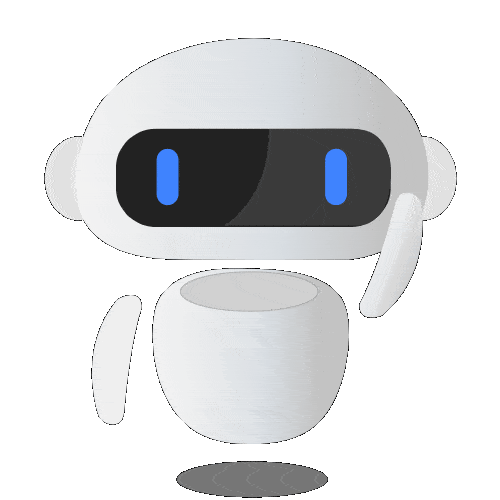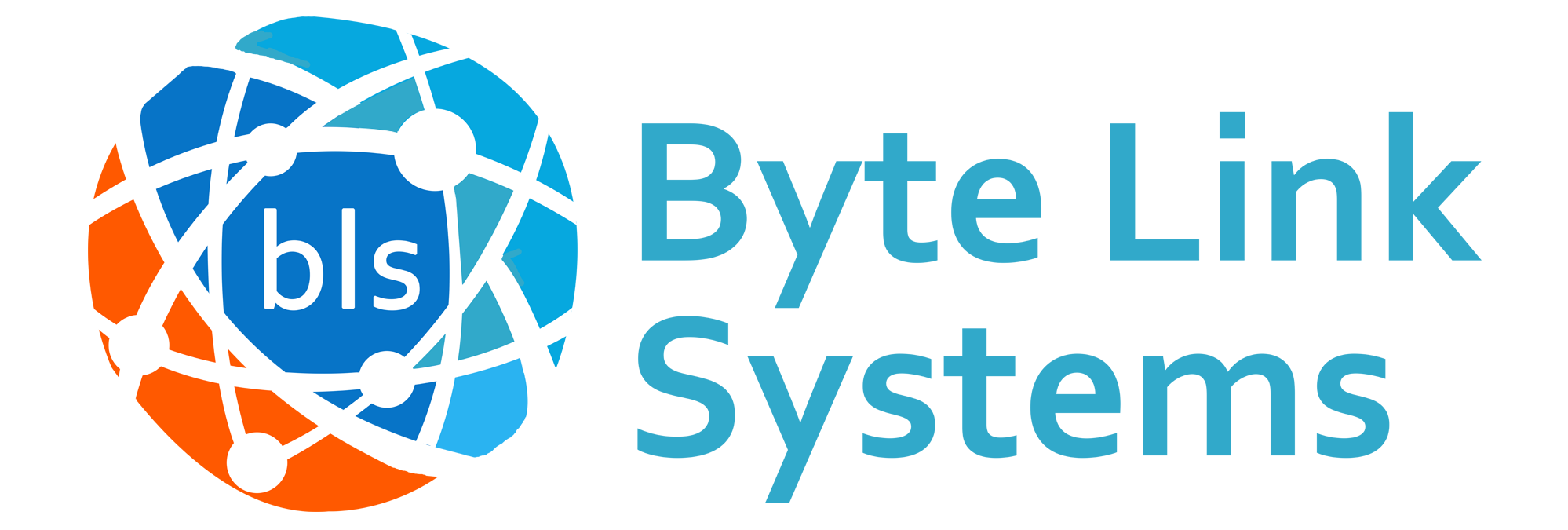- 781-870-8008
- info@bytelinksys.com
- 6701 Highway Blvd., Suite 210, Katy, TX, 77494
- 781-870-8008
- info@bytelinksys.com
- 6701 Highway Blvd., Suite 210, Katy, TX, 77494
Archives
Categories
Advance Technology
AI Med Scan
Helping front/help desk applications.

MOE
Advance Technology AI Med Scan
My name is Dr. Malleswar Yenugu, co-founder and CEO of Byte Link Systems, Inc., a Massachusetts-based IT staffing and technology company. Well, I am not a medical doctor, but I have a doctorate in geosciences.
I tried to find my IKIGAI, a Japanese concept that means ‘a reason for being’. It gives you a reason to get up in the morning. Enjoying in your work, loving what you do, giving meaning to your existence. My PASSION is to educate people on AI, I have been offering guest lectures on the applications of AI at various universities and companies around the world. I also teach job-oriented courses on AI and ML and place them through my IT company. Over the last few months, I have been working on IKIGAI concept ‘What I am GOOD at and What I LOVE?, which is AI,’….What the World NEEDS and What I can be paid for…?… The product we (Byte Link Systems) designed is AI Med Scan….a tool for doctors to be able to classify medical images.
The Problem
One of the challenges for the survival of the people is to detect the diseases/health conditions beforehand. Only a few percent of the world’s population have access to good healthcare services. Even among the developed countries, the healthcare system is under strain due to high costs and long wait times. Medical imaging (e.g., X-rays, MRI, CT scans) is one of the initial screening mechanisms used on the patients to determine their health conditions. Correct diagnosis from these images is very vital in predicting the medical condition of the patients. In some cases (accidents), the medical experts have to analyze these images and act quickly. Sometimes, even an experienced radiologist or medical doctor may not be able to diagnose the condition from these images. To train up the medical practitioners for the growing demands within a short period of time is impractical, if not possible. The solution has to involve the latest technological breakthroughs.
Artificial intelligence (AI) is the intelligence exhibited by machines. With the latest developments in neural networks and deep learning, AI has gained learning capabilities to analyze unstructured data such as images. AI paves the way for the emergence of a new generation of medical diagnostic devices capable of surpassing the detection skills of the best medical practitioners.
The Solution
We used deep neural networks to train thousands of medical images such as X-rays, CT-scan and MRIs. Our invention detects abnormalities in chest X-rays. It also screens for tuberculosis and can be used in public health screening programs. Our methodology was trained with thousands of X-rays and radiology reports to detect pneumonia in the lungs. Our invention was also used on CT scans. Head CT scans are a first-line diagnostic tool for patients with head injury or stroke. Our invention detects critical abnormalities such as bleeding, fractures, etc. Our invention also used MRI scans (e.g., abdominal MRI, knee MRI, brain MRI, etc.) to detect abnormalities in various parts of the human body.
Deep learning models require large amounts of well-labeled training data. Radiology reports are typically written as free-form text rather than in a structured format. We invented smart natural language processing (NLP) algorithms to tap into the expertise contained in radiology reports. It allows us to create ground truth labels at scale.

Useful links
Contact us
- 781-870-8008
- info@bytelinksys.com
- 6701 Highway Blvd., Suite 210, Katy, TX, 77494

